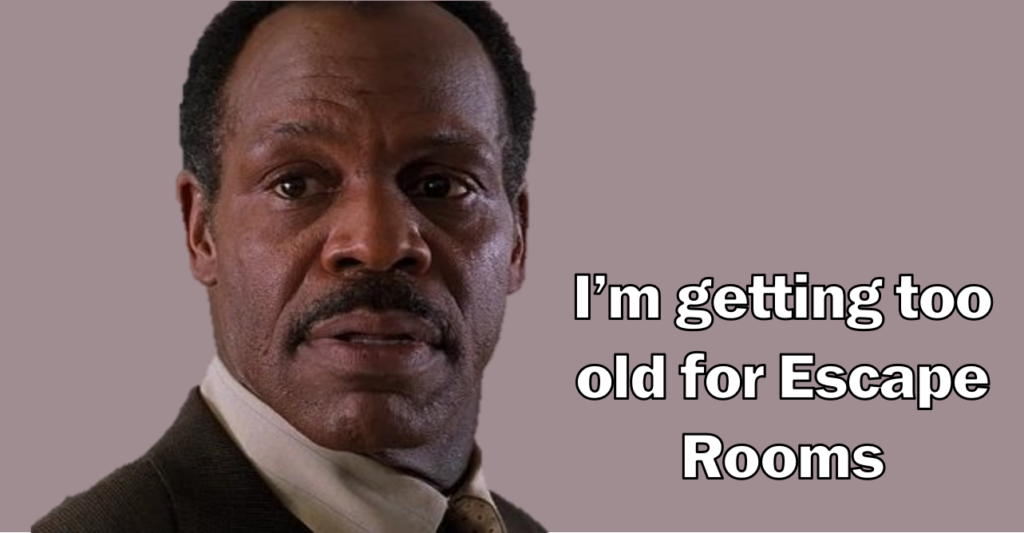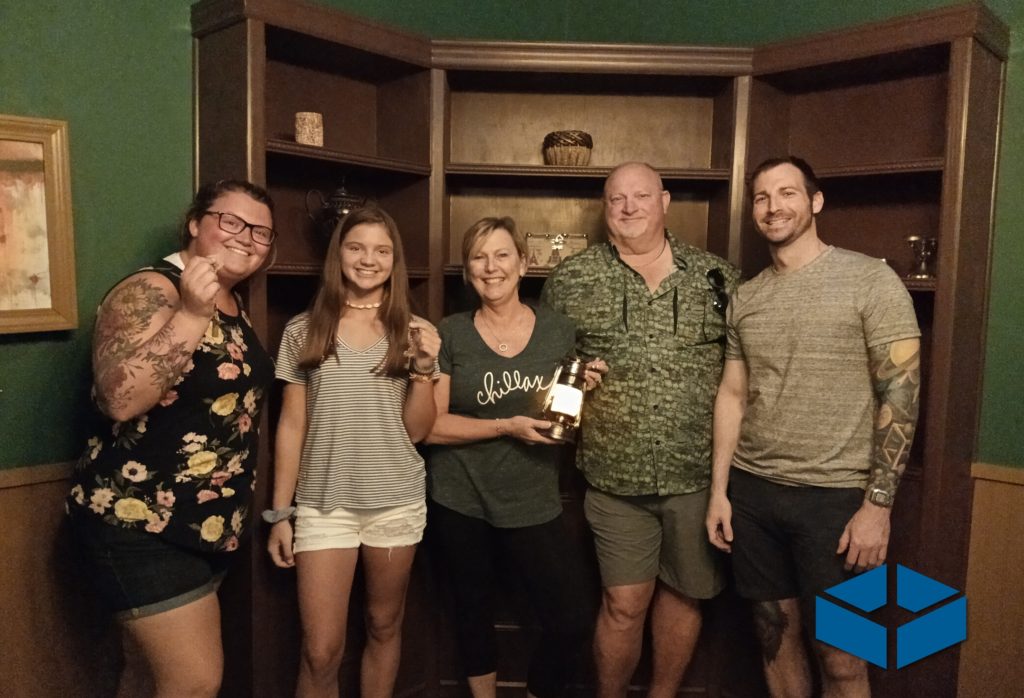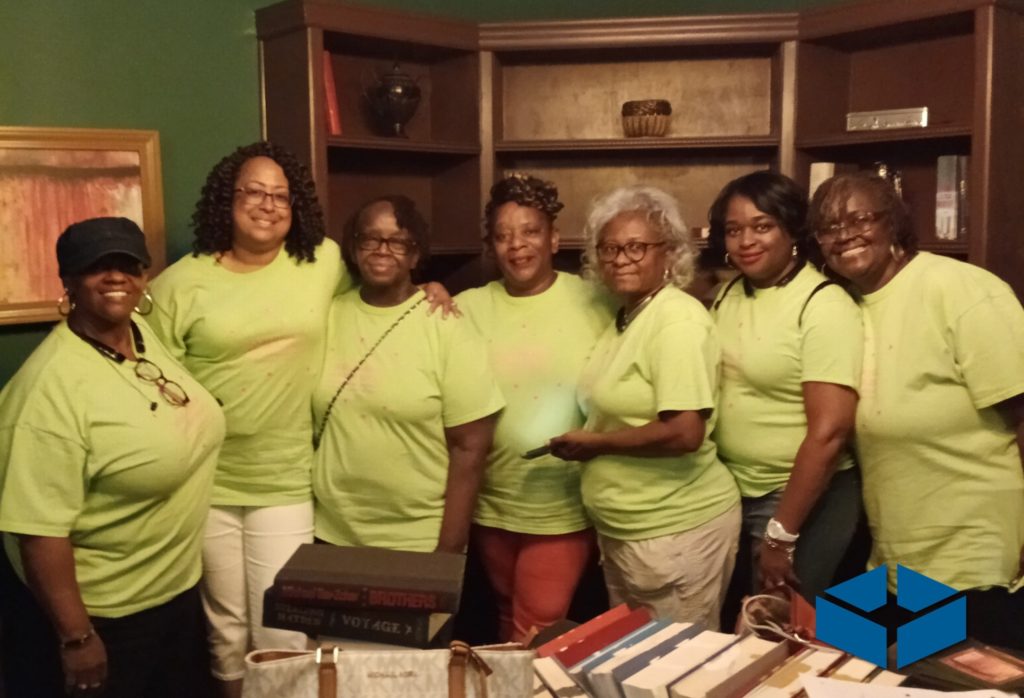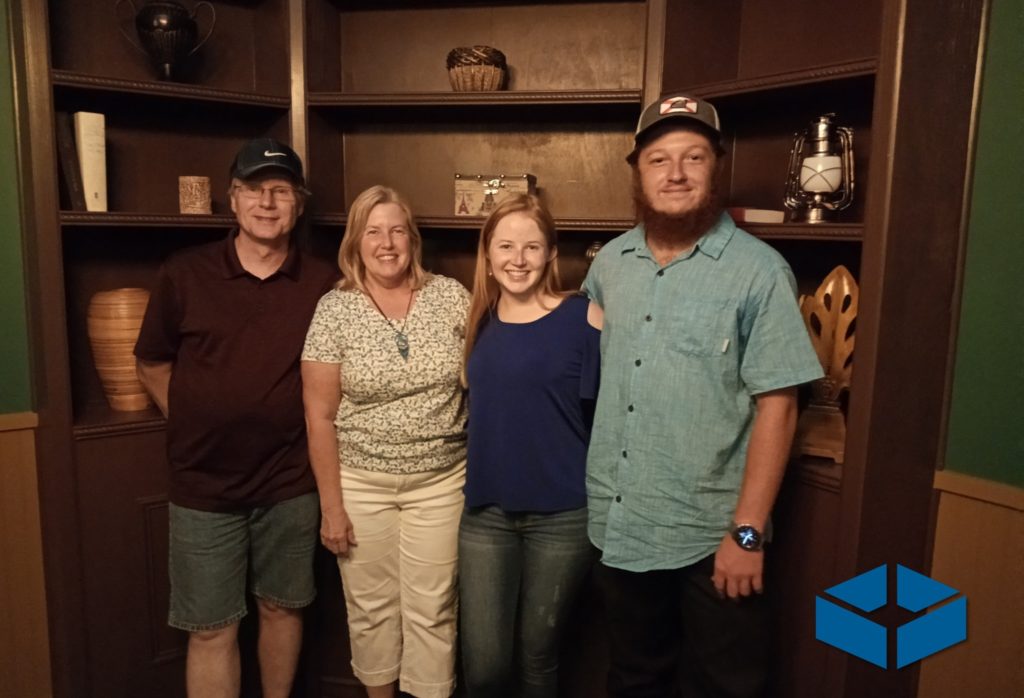I’m Getting Too Old For Escape Rooms
I did a lot research on the escape room industry before opening my own business. One of the most interesting revelations was how few people have played an escape room and even more so how many people don’t really know what an escape room is.

Common misconceptions about escape rooms:
- They are scary
- They are dangerous
- They are for kids or teenagers
- They are mazes (seriously had someone think that)
- They are for smart people
- They are too expensive
Escape rooms come in such a vast array of themes. From horror, sci-fi, mystery, modern, medieval, ancient, adventure and so many more endless possibilities in between. Now often I do see a trend of themes in escape rooms to be a bit dark. From prison break, to zombie apocalypse, or Jack the Ripper. However, I’ve seen fun themes such as The Playground, Alice in Wonderland, or a Christmas Vacation. For my first room I built, The Master Key, it is an adventure story that truly delves you into different worlds as you attempt to become the new Key Master. Many guests have told me the Master Key reminds them of the movie Ready Player One or has some elements of the video game Kingdom Hearts. But it is most definitely not a scary endeavor.

In general, I would say escape rooms are very low risk. So why do you have to sign a waiver before entering one? This is to protect the business because they are allowing you to freely enter in a place that they are giving you almost free reign on your approach to solving the room. Now as a designer I do my best to ensure my rooms are safe. However, there are some physical elements in rooms at times, so careless players may bump their head trying to crawl through a space and not really paying attention to their surroundings. What I have learned as I explain rules to the game is to inform my guests of any odd challenge they may encounter in the room so they are fully prepared to avoid any potential risks they may encounter.
Escape rooms are not designed just for kids and teenagers. In fact, most escape rooms aren’t designed for kids at all. Our policy is no kids under the age of 13 are allowed to play a room unless the room is privately booked. The concepts and challenges would be too difficult for kids at a younger age than that. What about the older individuals? So for some odd reason I think the generation that has been the hardest to get interested in escape room is the 40’s, 50’s, and 60’s age groups. Yet I feel like that is the ideal age range because escape rooms challenge your mind and not your body. My favorite aspect about escape rooms is they don’t require athleticism. You use communication, teamwork, and your brain. As we get older we learn that our bodies aren’t as capable as we once remembered them to be, fortunately escape rooms are a great alternative to having fun without putting any train on you physically. On a personal level I took my dad to his first escape room for his 60th birthday. He has terrible arthritis and getting around is difficult for him. In addition to that he is usually never impressed by a whole lot. When we completed that escape room he wouldn’t stop talking about it. I had never seen him taken aback from something like that in a long time. He genuinely had a great time.

Escape rooms are not mazes, or mirror mazes, or haunted houses, or fun houses. They are typically one hour adventures where you get a group of typically 2-12 players together and try and solve several puzzles wrapped up in hopefully a great theme, story, and setting.
Escape rooms are not for “smart” people. Anyone can play an escape room. I would say 90% of the rooms never had one puzzle that I didn’t think any individual could solve by following the clues correctly. Are escape rooms challenging? Yes. Do you have to think sometimes when you play them? Yes. Does it feel like work? Sometimes. If I ever find myself in an escape room adventure and it feels like work, I become frustrated. I didn’t spend money to work, I spent money to have fun. For myself as I design games I want them to always feel fun and not like work. This is absolutely critical in the playtesting stages of my designs.

Escape rooms are too expensive. Here is a good debate. As an avid escape room player, I will say firsthand that playing escape rooms is expensive. However, it’s a price I don’t mind paying because I think the value of my experience has more often than not been worth the price of admission. I’ve payed as much as $42 for a room and as little as $15 for a room. The average cost for most escape rooms is around the $28-$32 price range. So a family of four is dropping a $100 for a 1-hour endeavor. Here’s the thing though, when you experience a great escape room the memory of that experience will go far beyond that 1-hour you played. It will have you and your group discussing moments you played together and the puzzles you worked to solve as a team. I know this because I see how guests leave our room with an awesome change to their demeanor as they leave our place. It’s the same way I feel when I get out of a great room.
Not to get too far ahead of myself but the next post I will be writing shortly after this is about how not all escape rooms are created equal. This can make or break the industry as so many companies are trying to turn it into a cash grab instead of an unforgettable experience. Stay tuned for that piece because it’s going to be a hot topic.